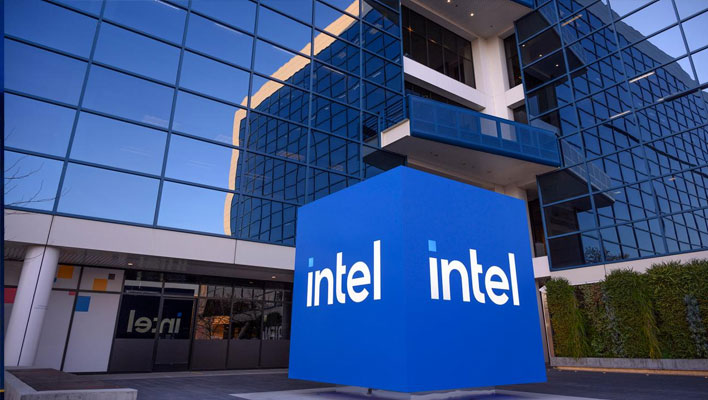It's incredibly hard to fathom that Intel would split or sell off its chip manufacturing business similar to what AMD did 16 years ago, which eventually led to the creation of GlobalFoundries (which Intel was once rumored to be
interested in buying), but both options are reportedly on the table in private discussions, according to what "people familiar with the matter" told
Bloomberg. Other scenarios are also being considered as Intel looks to put itself in a more stable financial position.
The chatter comes just weeks after Intel announced a
big round of layoffs—15,000 workers, or 15% of its global workforce—as part of an ambitious plans to deliver $10 billion in cost savings in 2025. Intel CEO Pat Gelsinger called the layoffs "the hardest thing I've done in my career," but also noted that the chip maker's "Q2 financial performance was disappointing."
"Simply put, we must align our cost structure with our new operating model and fundamentally change the way we operate. Our revenues have not grown as expected – and we’ve yet to fully benefit from powerful trends, like AI. Our costs are too high, our margins are too low. We need bolder actions to address both—particularly given our financial results and outlook for the second half of 2024, which is tougher than previously expected," Gelsinger stated in an open letter to employees at the time.
Gelsinger also talked about taking a "clean-sheet view of the business" while assessing Intel's operations "against benchmarks for high-performing foundries, fabless product companies and corporate functions." But one thing he did not say was that Intel was considering splitting or selling off its foundry business, which it has been investing heavily into over the past several years.
Even so, the aforementioned
sources claim that's Intel's bankers, Morgan Stanley and Goldman Sachs Group Inc., have been advising the company on possible moves it could make, and that discussions have increased in urgency since its last earnings report.
They also say that the discussions are very much in the early states, and that no major moves are imminent. What it sounds like is that a spin-off or sell-off are just ideas being floated around as a drastic last step, and that Intel is more likely to tweak its business model in far less seismic ways before resorting to becoming a fab-less operation. Not that being fab-less is a death knell—just look at NVIDIA, which continues to
crush its earnings on the AI hype train, and AMD as examples—but it would be a monumental shift for a company that views manufacturing as key to its IDM 2.0 strategy, with billions of investment dollars in play.

